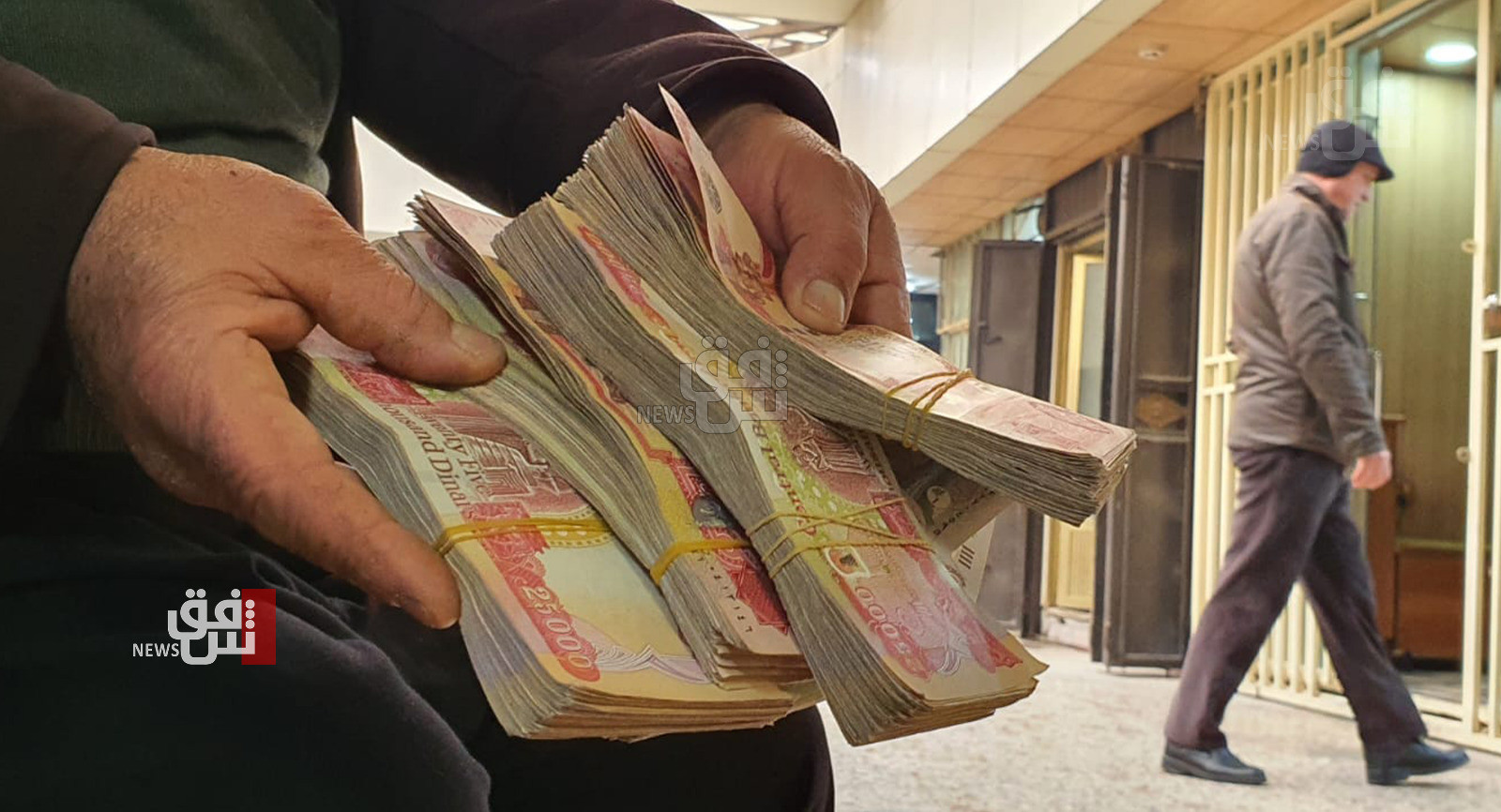Source: Kurdistan Region needs $748.5 million for August salaries

Shafaq News/ The Kurdistan Region needs 998 billion Iraqi dinars ($748.5 million) to cover the salaries for August, amid an ongoing financial crisis caused by delays in the transfer of financial allocations from the federal government in Baghdad, an informed source reported on Monday.
The source told Shafaq News Agency, "Baghdad sent 572 billion dinars ($429 million) to the Region yesterday, while 183 billion dinars remain owed from previous months' salaries."
"There is still a shortfall of 243 billion dinars ($182.25 million) to fully secure the salaries."
According to the source, the salary crisis for public sector employees in the Region is one of the most sensitive issues in the financial relationship between Erbil and Baghdad. Despite previous financial agreements aimed at organizing the transfer of the federal budget to the Region, repeated delays by the central government have led to increasing financial gaps, significantly affecting the Regional government's ability to distribute salaries on time.
This crisis affects hundreds of thousands of public sector employees in the Region, who primarily rely on these salaries to meet their basic needs.
Salary Delays Impact Lives
In statements to Shafaq News correspondent, several public sector employees in Al-Sulaymaniyah expressed their frustration over how the delay in salary payments has affected their living conditions.
Delshad Omar, a teacher at a public school in Al-Sulaymaniyah, said, "The delay in salaries has directly impacted our ability to meet our daily needs. I can no longer cover living expenses or pay rent on time, and the economic situation worsens with each passing month without receiving our salaries on time."
A health sector employee, who preferred to remain anonymous, highlighted the significant challenges she faces, "We are forced to borrow from relatives or banks to cover basic needs. The ongoing delay in salary payments has left many of us in a state of instability, as we do not know when we will be able to pay bills or purchase necessities."
Regarding the impact of salary delays on market activity, Ibrahim Ahmed, a grocery store owner in the governorate, stated, "Since the beginning of the salary crisis, market activity has noticeably declined. Many customers used to buy on installments or request deferred payments until they received their salaries, but this ongoing delay has made it difficult for many to repay their debts or make large purchases."
"Commercial activity has become weak, especially during financial crises. People are now buying only the essentials, and even those sales have dropped significantly,” he added. “As traders, we are suffering just like employees; we also rely on market strength, and if people do not have money, it is natural for everyone to be affected."
Long-Standing Salary Crisis Persists
The salary crisis began years ago with escalating financial and political tensions between Erbil and Baghdad, as the Regional government relied on financial transfers from Baghdad in addition to local revenues, particularly from oil. However, these transfers have not been regular, leading to the accumulation of financial dues and delays in salary payments, especially with declining oil prices and rising government expenses.
The inconsistency in salary payments has intensified pressure on the Kurdistan government, forcing it to implement austerity measures in the past, including salary cuts and deferrals.
With no clear solutions soon, the salary crisis remains one of the major challenges facing the Regional government, particularly amid difficult economic conditions and declining available financial resources.





